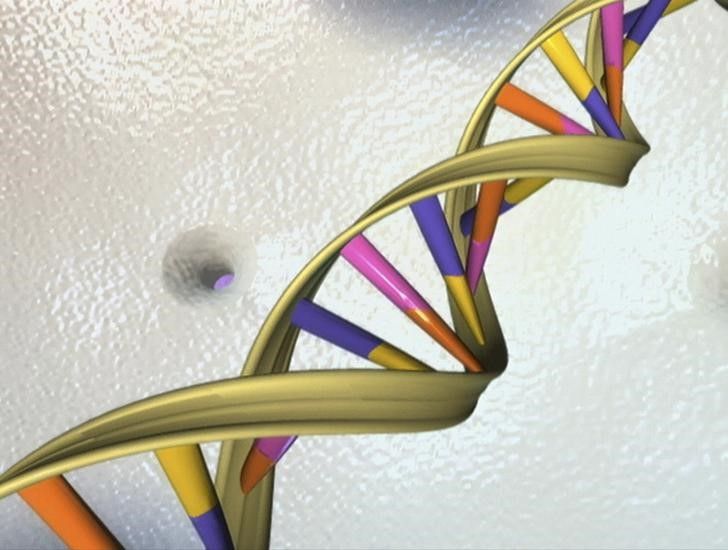Should we be DNA sequencing newborns?
First things first: what exactly is DNA sequencing?

A few minutes every morning is all you need.
Stay up to date on the world's Headlines and Human Stories. It's fun, it's factual, it's fluff-free.
First things first: what exactly is DNA sequencing? Every human has a unique genetic code, or genome, made up of nucleotide bases (A, T, C and G). By knowing the sequence of these bases, you can see a person’s unique DNA pattern.
This process of figuring out the base pattern is called genetic sequencing, and whole genome sequencing is when a lab figures out the entire genetic sequence of an organism in one go. Genome sequencing can be used to look for genetic conditions, so we can start treating them early.
Late last year, a new study was announced where 100,000 newborn babies would have their whole DNA genomes sequenced over a period of two years to see if it could help diagnose genetic diseases faster and speed up treatment. The study is supposed to see if this process is cost-effective and accepted by new parents.
Another baby sequencing study has been going on for years to see if sequencing newborn genes has long-term benefits. A few years ago, researchers sequenced the genomes of 159 seemingly healthy newborns, and 17 had "actionable" mutations that were associated with certain diseases but which could be acted on ahead of time to prevent or treat.
Now, the study is in its follow-up stage, 3-5 years after this genome sequencing. This follow-up suggests that the sequencing was useful for the babies and even for some of the mothers (as genetic diseases are often passed down from one or both parents).
"In the future, imagine identifying a risk for a devastating illness in a healthy newborn baby," said researcher Dr. Robert Green, a geneticist at Brigham and Women’s Hospital and Harvard Medical School who’s working on this study. "Imagine then being able to find the biomarkers for the ones who are going to develop the disease and even preventing it. Imagine how thrilling that would be."
There is some pushback here when it comes to genetic privacy, though. Some people don’t want their newborn babies to have their DNA stored for possible use by the government. Depending on the country, there could be safeguards in place for genetic privacy, but some parents don’t want to deal with this risk.




Comments ()